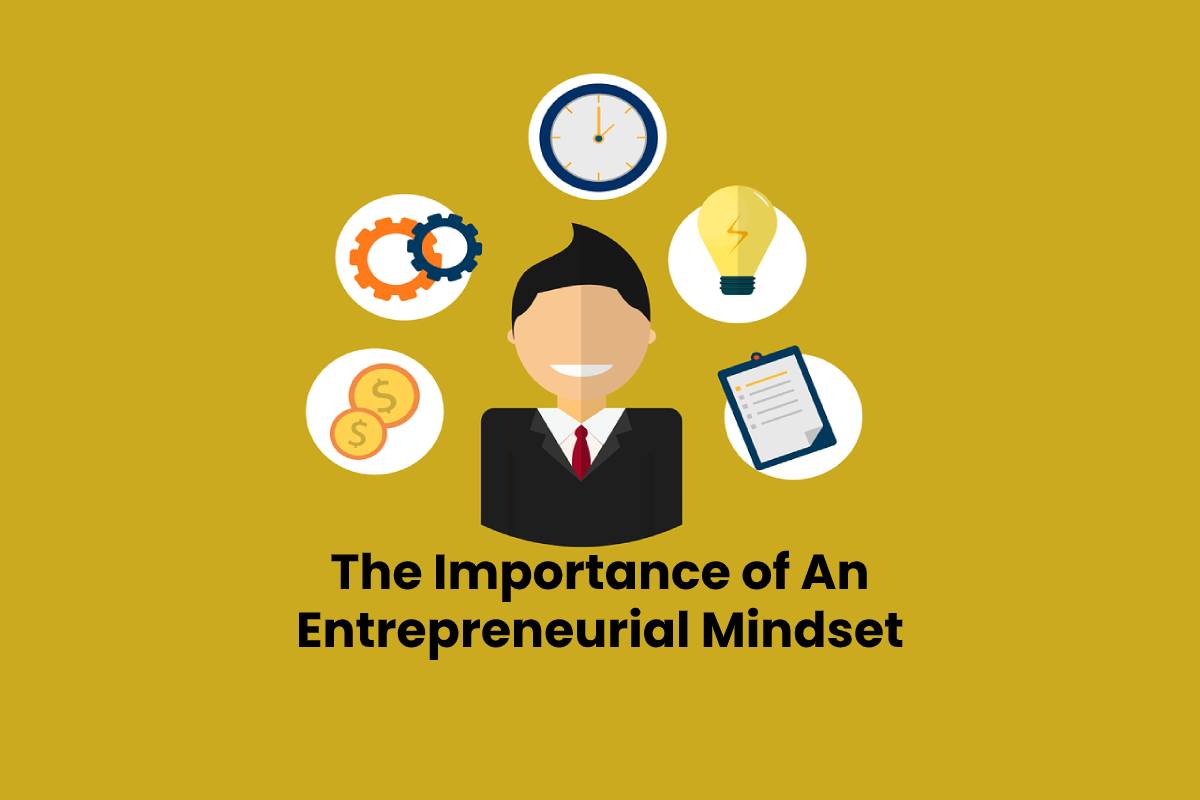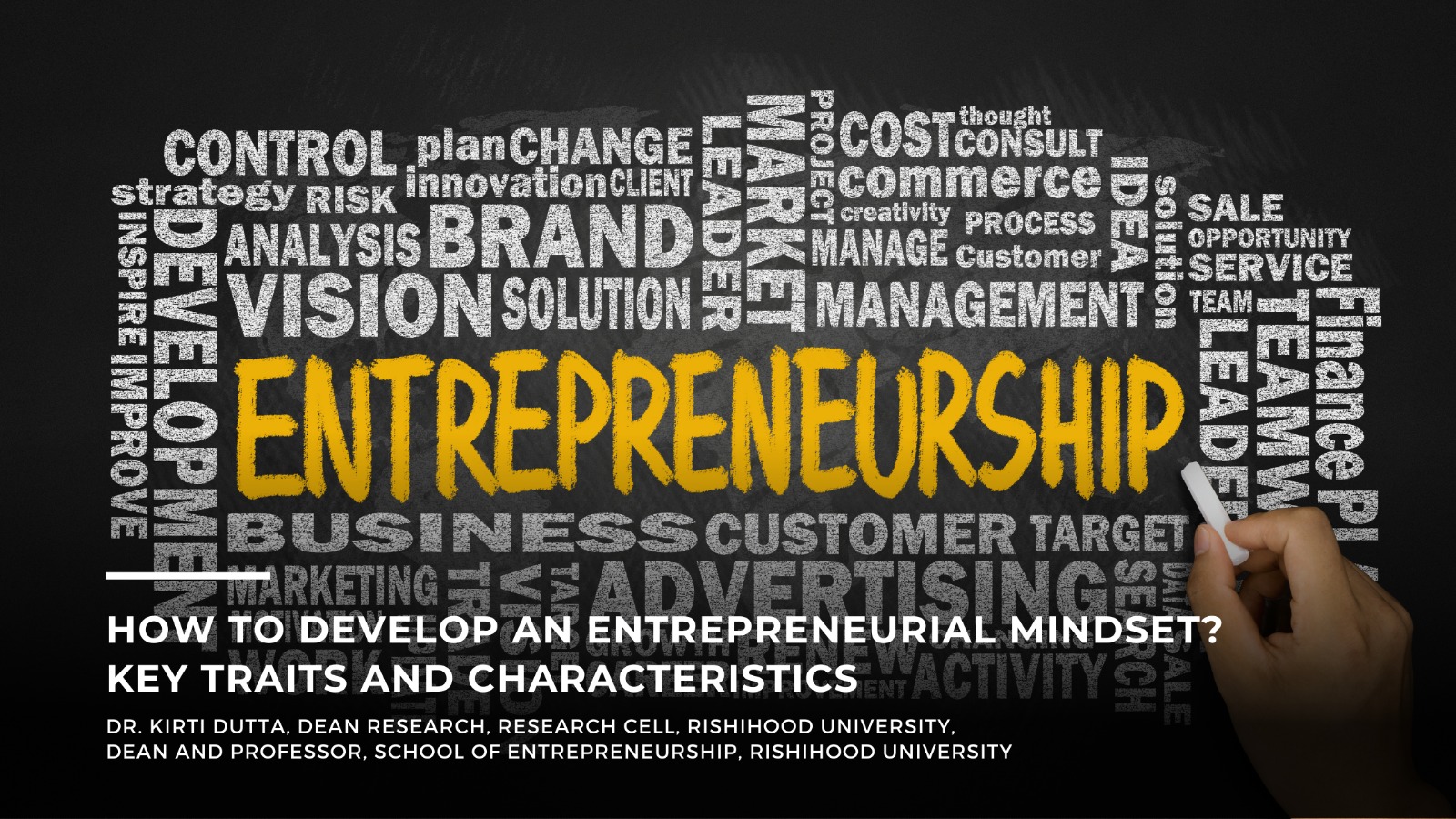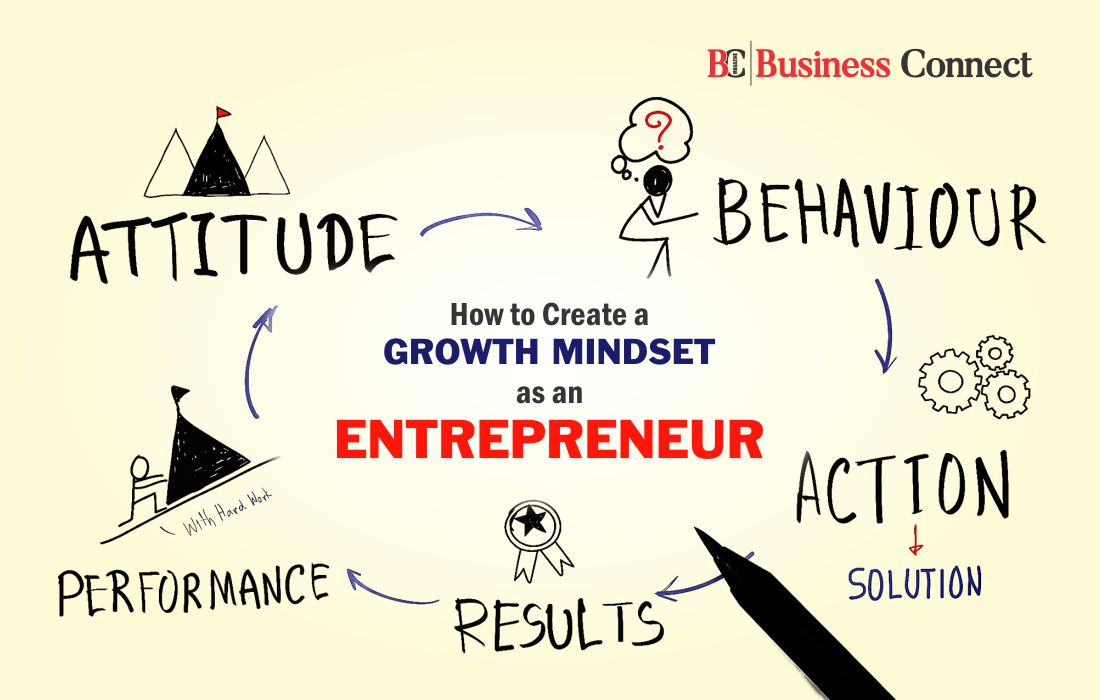Unlocking the Power of Entrepreneurial Thinking
Entrepreneurial mindset and goal setting are the driving forces behind successful businesses. A well-cultivated entrepreneurial mindset enables individuals to navigate the complexities of the business world, overcome obstacles, and stay focused on their objectives. By adopting this mindset, entrepreneurs can unlock their full potential and achieve remarkable success. At its core, an entrepreneurial mindset is characterized by a unique blend of creativity, resilience, and strategic thinking.
Entrepreneurs with a well-developed mindset are able to approach challenges with a growth mindset, embracing failures as opportunities for growth and learning. This mindset allows them to stay adaptable, pivot when necessary, and continuously innovate to stay ahead of the competition. Moreover, a strong entrepreneurial mindset fosters a culture of calculated risk-taking, enabling entrepreneurs to make informed decisions that drive business growth.
By cultivating an entrepreneurial mindset, individuals can develop a keen sense of self-awareness, recognizing their strengths and weaknesses, and leveraging their passions to drive business success. This mindset also enables entrepreneurs to build strong relationships with their team, customers, and partners, fostering a collaborative environment that drives innovation and growth.
In today’s fast-paced business landscape, an entrepreneurial mindset is no longer a nicety, but a necessity. By embracing this mindset, entrepreneurs can stay ahead of the curve, drive business success, and achieve their goals. Whether you’re a seasoned entrepreneur or just starting out, cultivating an entrepreneurial mindset is essential for unlocking your full potential and achieving remarkable success.
How to Develop a Goal-Oriented Mindset for Business Success
Developing a goal-oriented mindset is crucial for entrepreneurs who want to achieve success in their business ventures. A goal-oriented mindset enables entrepreneurs to stay focused, motivated, and directed towards their objectives. To develop this mindset, entrepreneurs can start by setting SMART (Specific, Measurable, Achievable, Relevant, and Time-bound) goals. This involves clearly defining what they want to achieve, setting specific targets, and establishing a timeline for achieving those targets.
Creating a vision board is another effective way to develop a goal-oriented mindset. A vision board is a visual representation of an entrepreneur’s goals and desires, and it serves as a reminder of what they want to achieve. By creating a vision board, entrepreneurs can clarify their goals, focus their minds, and stay motivated to achieve their objectives.
Prioritizing tasks is also essential for developing a goal-oriented mindset. Entrepreneurs should identify the most important tasks that need to be completed to achieve their goals, and focus on completing those tasks first. This involves avoiding distractions, managing time effectively, and staying focused on the tasks that matter most.
Having a clear direction and focus is critical for entrepreneurs who want to achieve success. By developing a goal-oriented mindset, entrepreneurs can stay focused on their objectives, overcome obstacles, and achieve their goals. This mindset is essential for entrepreneurs who want to build a successful business and achieve their dreams.
In addition to setting SMART goals, creating a vision board, and prioritizing tasks, entrepreneurs can also develop a goal-oriented mindset by tracking their progress, celebrating their successes, and learning from their failures. By doing so, entrepreneurs can stay motivated, focused, and directed towards their objectives, and achieve the success they desire.
The Role of Resilience in Entrepreneurial Success
Resilience is a critical component of an entrepreneurial mindset, enabling entrepreneurs to bounce back from setbacks, failures, and rejections. It is the ability to absorb and recover from difficult situations, and to emerge stronger and more determined than before. Resilience is not an innate trait, but rather a skill that can be developed and strengthened over time.
Entrepreneurs can develop resilience by learning from their mistakes, rather than dwelling on them. This involves analyzing what went wrong, identifying areas for improvement, and using this knowledge to inform future decisions. By adopting a growth mindset, entrepreneurs can view failures as opportunities for growth and learning, rather than as threats to their ego or self-worth.
Staying positive is also essential for building resilience. This involves focusing on the good things in life, practicing gratitude, and surrounding oneself with supportive people who encourage and motivate. By maintaining a positive outlook, entrepreneurs can stay motivated and focused, even in the face of adversity.
Maintaining a growth mindset is also critical for resilience. This involves being open to new experiences, learning from others, and being willing to adapt and change. By embracing a growth mindset, entrepreneurs can stay flexible and responsive to changing circumstances, and can navigate the ups and downs of entrepreneurship with greater ease.
Examples of successful entrepreneurs who have demonstrated resilience include Thomas Edison, who failed over 1,000 times before inventing the light bulb, and J.K. Rowling, who was rejected by 12 publishers before finding success with her Harry Potter series. These entrepreneurs, and many others like them, have shown that resilience is a key component of entrepreneurial success.
By developing resilience, entrepreneurs can overcome the obstacles and setbacks that inevitably arise in the course of building a business. They can stay focused, motivated, and directed towards their goals, even in the face of adversity. And they can emerge stronger, more determined, and more successful as a result.
Effective Goal Setting Strategies for Entrepreneurs
Setting effective goals is a crucial aspect of an entrepreneurial mindset. By setting clear and achievable goals, entrepreneurs can create a roadmap for success and stay focused on what they want to achieve. One effective goal-setting strategy is to break down big goals into smaller, manageable ones. This involves identifying the key steps needed to achieve a goal and creating a plan to accomplish each step.
Creating an accountability system is also essential for achieving goals. This involves sharing goals with a trusted friend or mentor and asking them to hold you accountable for progress. Regular check-ins and progress updates can help entrepreneurs stay on track and motivated to achieve their goals.
Tracking progress is also critical for achieving goals. This involves regularly monitoring progress towards a goal and making adjustments as needed. By tracking progress, entrepreneurs can identify areas where they need to improve and make changes to stay on track.
Examples of successful entrepreneurs who have used these goal-setting strategies include Richard Branson, who broke down his goal of starting a record label into smaller, manageable steps, and Sara Blakely, who created an accountability system with her friends and family to help her stay on track with her goal of launching a successful business.
By using these goal-setting strategies, entrepreneurs can create a clear roadmap for success and stay focused on what they want to achieve. By breaking down big goals into smaller ones, creating an accountability system, and tracking progress, entrepreneurs can achieve their goals and build a successful business.
Additionally, entrepreneurs can also use tools such as goal-setting templates, mind maps, and vision boards to help them set and achieve their goals. These tools can help entrepreneurs clarify their goals, identify the key steps needed to achieve them, and stay motivated and focused on what they want to achieve.
Overcoming Self-Doubt and Fear: Mindset Shifts for Entrepreneurs
Self-doubt and fear are common mindset obstacles that entrepreneurs face. These negative emotions can hold entrepreneurs back from achieving their goals and realizing their full potential. However, by making a few simple mindset shifts, entrepreneurs can overcome self-doubt and fear and achieve success.
One effective way to overcome self-doubt and fear is to reframe negative thoughts. This involves identifying negative self-talk and replacing it with positive, empowering thoughts. For example, instead of thinking “I’m not good enough to start a business,” an entrepreneur could reframe this thought as “I have the skills and abilities to start a successful business, and I’m willing to learn and adapt as I go.”
Focusing on strengths is also essential for overcoming self-doubt and fear. By identifying their strengths and leveraging them to achieve their goals, entrepreneurs can build confidence and momentum. This involves recognizing what they do well and using those skills to drive their business forward.
Additionally, entrepreneurs can overcome self-doubt and fear by taking small, incremental steps towards their goals. This involves breaking down big goals into smaller, manageable tasks and taking consistent action towards achieving them. By taking small steps, entrepreneurs can build momentum and confidence, and overcome self-doubt and fear.
Examples of successful entrepreneurs who have overcome self-doubt and fear include Arianna Huffington, who has spoken publicly about her struggles with self-doubt and fear, and Richard Branson, who has said that he has learned to manage his fear and use it as a motivator to drive his business forward.
By making these mindset shifts, entrepreneurs can overcome self-doubt and fear and achieve success. By reframing negative thoughts, focusing on strengths, and taking small, incremental steps towards their goals, entrepreneurs can build confidence and momentum, and realize their full potential.
Building a Supportive Network: The Power of Community for Entrepreneurs
A supportive network is a crucial component of an entrepreneurial mindset. By surrounding themselves with mentors, peers, and role models, entrepreneurs can gain valuable guidance, encouragement, and motivation. This network can provide a sounding board for ideas, offer advice and support during challenging times, and help entrepreneurs stay focused on their goals.
Mentors are an essential part of a supportive network. They can offer guidance and advice based on their own experiences, and provide valuable insights and perspectives. By seeking out mentors who have achieved success in their industry or niche, entrepreneurs can gain a deeper understanding of what it takes to succeed and learn from their mistakes.
Peers are also an important part of a supportive network. By connecting with other entrepreneurs who are facing similar challenges and opportunities, entrepreneurs can gain a sense of community and belonging. This can help to alleviate feelings of isolation and loneliness, and provide a sense of support and encouragement.
Role models are another key component of a supportive network. By identifying and learning from successful entrepreneurs who have achieved their goals, entrepreneurs can gain inspiration and motivation. This can help to drive their own success and provide a sense of direction and purpose.
Examples of successful entrepreneurs who have built a supportive network include Steve Jobs, who credited his mentor, Mike Markkula, with helping him to develop his entrepreneurial mindset, and Sara Blakely, who has spoken publicly about the importance of her peer network in helping her to build her business.
By building a supportive network, entrepreneurs can gain the guidance, encouragement, and motivation they need to succeed. By surrounding themselves with mentors, peers, and role models, entrepreneurs can stay focused on their goals and overcome the challenges and obstacles that inevitably arise.
Staying Motivated and Focused: Mindset Hacks for Entrepreneurs
Staying motivated and focused is crucial for entrepreneurs who want to achieve their goals and build a successful business. By using the right mindset hacks, entrepreneurs can overcome obstacles, stay motivated, and maintain a positive attitude. One effective mindset hack is to create a morning routine that sets the tone for the day. This can include activities such as meditation, exercise, or journaling.
Using positive self-talk is another powerful mindset hack for entrepreneurs. By using affirmations and positive affirmations, entrepreneurs can rewire their minds to focus on the positive and stay motivated. This can include phrases such as “I am capable and confident,” or “I can achieve my goals.”
Celebrating small wins is also an effective mindset hack for entrepreneurs. By acknowledging and celebrating small victories, entrepreneurs can build momentum and stay motivated. This can include celebrating the completion of a project, the launch of a new product, or the achievement of a milestone.
Examples of successful entrepreneurs who have used these mindset hacks include Richard Branson, who has spoken about the importance of meditation and mindfulness in his daily routine, and Arianna Huffington, who has emphasized the importance of self-care and positive self-talk in achieving success.
By using these mindset hacks, entrepreneurs can stay motivated and focused, even in the face of challenges and obstacles. By creating a morning routine, using positive self-talk, and celebrating small wins, entrepreneurs can build a positive and productive mindset that drives success.
Additionally, entrepreneurs can also use other mindset hacks such as visualization, gratitude, and mindfulness to stay motivated and focused. By incorporating these hacks into their daily routine, entrepreneurs can build a strong and resilient mindset that helps them achieve their goals and build a successful business.
Sustaining a Success-Oriented Mindset: Long-Term Strategies for Entrepreneurs
Sustaining a success-oriented mindset is crucial for entrepreneurs who want to achieve long-term success. By incorporating continuous learning, self-reflection, and adaptability into their daily routine, entrepreneurs can stay focused on their goals and overcome obstacles. Continuous learning involves staying up-to-date with the latest industry trends and best practices, and seeking out new knowledge and skills to stay ahead of the competition.
Self-reflection is also essential for sustaining a success-oriented mindset. By regularly reflecting on their progress and goals, entrepreneurs can identify areas for improvement and make adjustments as needed. This involves setting aside time for self-reflection, and using tools such as journaling or meditation to gain clarity and insight.
Adaptability is another key component of a success-oriented mindset. By staying flexible and open to new opportunities and challenges, entrepreneurs can pivot and adjust their strategy as needed. This involves being willing to take calculated risks, and being open to new ideas and perspectives.
Examples of successful entrepreneurs who have sustained a success-oriented mindset include Richard Branson, who has spoken about the importance of continuous learning and self-reflection in his success, and Sara Blakely, who has emphasized the importance of adaptability and resilience in overcoming obstacles.
By incorporating these long-term strategies into their daily routine, entrepreneurs can sustain a success-oriented mindset and achieve their goals. By staying focused on their vision, and being open to new opportunities and challenges, entrepreneurs can build a successful business and achieve their dreams.
Additionally, entrepreneurs can also use other long-term strategies such as setting a clear vision, creating a positive work environment, and building a strong team to sustain a success-oriented mindset. By incorporating these strategies into their daily routine, entrepreneurs can build a strong foundation for success and achieve their goals.








